Home>Home Appliances>Heating & Cooling>How To Calculate Boiler Size For Central Heating
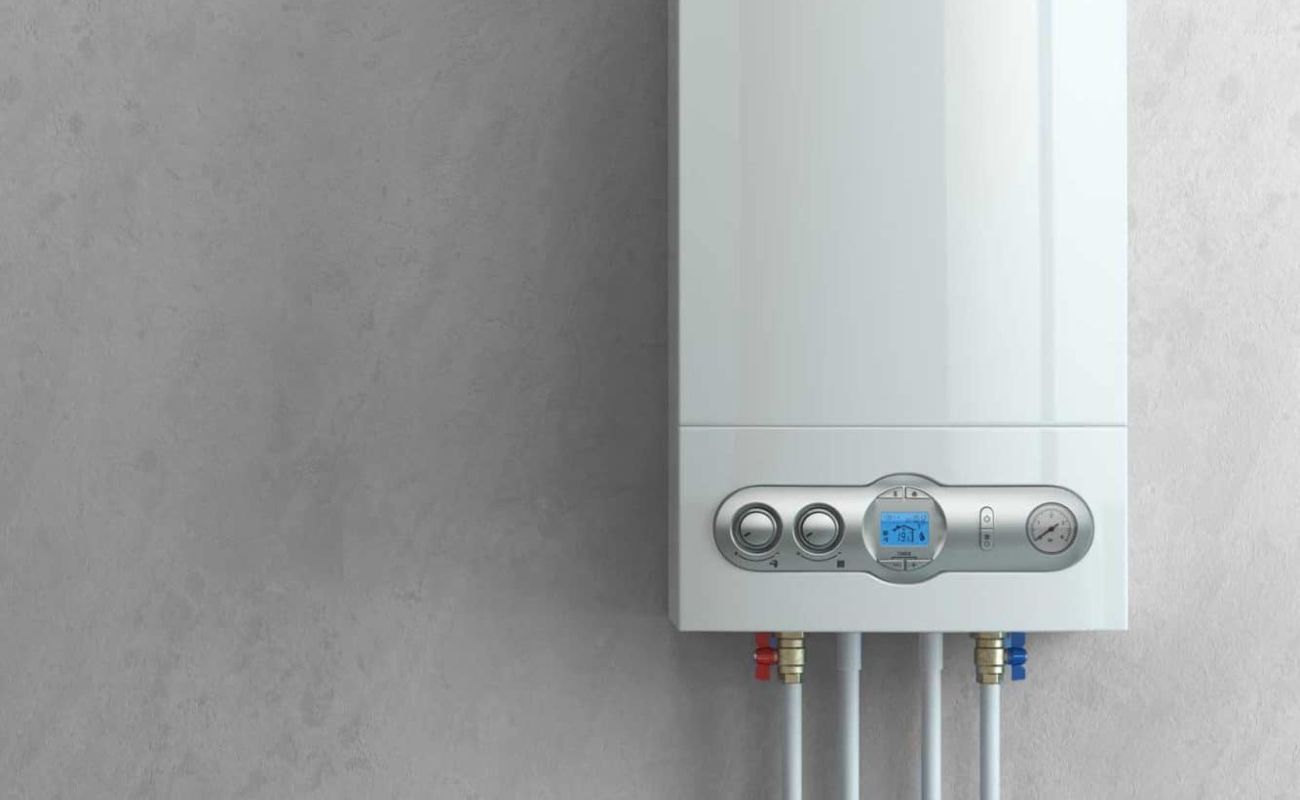

Heating & Cooling
How To Calculate Boiler Size For Central Heating
Published: February 15, 2024
Learn how to calculate the ideal boiler size for your central heating system. Get expert tips on heating and cooling to optimize your home's comfort and efficiency.
(Many of the links in this article redirect to a specific reviewed product. Your purchase of these products through affiliate links helps to generate commission for Storables.com, at no extra cost. Learn more)
Introduction
When it comes to ensuring a cozy and comfortable environment in our homes, the central heating system plays a pivotal role. At the heart of this system lies the boiler, a powerhouse that generates the warmth we rely on during chilly days and frosty nights. However, determining the right size for a boiler is a crucial step in the process of setting up an efficient and effective central heating system.
In this comprehensive guide, we will delve into the intricacies of calculating the ideal boiler size for your central heating needs. Whether you are a homeowner embarking on a new installation or a professional seeking to optimize heating solutions for your clients, understanding the nuances of boiler sizing is essential for achieving optimal performance and energy efficiency.
The process of determining the appropriate boiler size involves a careful consideration of various factors, including the size of the property, the insulation levels, the number of rooms, and the specific heating requirements. By gaining a deeper insight into these elements, you can make informed decisions that will not only ensure the comfort of your living space but also contribute to cost-effective and sustainable heating solutions.
Join us as we explore the intricacies of heating load, the factors that influence boiler size, and the step-by-step process of calculating the ideal boiler size for your central heating system. By the end of this guide, you will be equipped with the knowledge and tools to make well-informed choices that align with your heating needs and contribute to a warm and inviting home environment.
Key Takeaways:
- Proper boiler size ensures cozy homes. Factors like property size, insulation, and heating needs influence the calculation. Get it right for warmth and energy efficiency.
- Understanding heating load is key. Factors like insulation, windows, and climate impact the boiler size. Calculate carefully for a comfy and efficient home.
Understanding the Heating Load
Understanding the heating load is fundamental to determining the appropriate boiler size for a central heating system. Heating load refers to the amount of heat energy required to maintain a comfortable indoor temperature within a given space. This calculation takes into account various factors that influence the heat loss and gain within a building, ultimately dictating the capacity needed from the boiler to sustain the desired level of warmth.
The heating load is influenced by the size of the property, the insulation quality, the number and size of windows, the presence of doors, and the specific heating needs of individual rooms. Additionally, the geographical location and prevailing climate play a significant role in assessing the heating load, as properties in colder regions require higher heating capacities compared to those in milder climates.
To accurately determine the heating load, a thorough assessment of the property's thermal characteristics is essential. This involves evaluating the insulation levels in walls, floors, and ceilings, as well as identifying any potential areas of heat loss, such as poorly sealed windows or doors. By understanding these factors, it becomes possible to quantify the amount of heat energy required to compensate for the heat loss and maintain a consistent indoor temperature.
Moreover, the heating load analysis extends to considering the specific heating needs of different areas within the property. For instance, rooms with higher heat loss due to larger windows or poor insulation will demand a greater heating capacity compared to well-insulated spaces with minimal heat loss. By taking these variations into account, the heating load assessment can be tailored to address the unique requirements of each area, ensuring a balanced and efficient distribution of heat throughout the property.
In essence, comprehending the heating load is akin to deciphering the unique thermal fingerprint of a property. By meticulously analyzing the interplay of architectural features, insulation quality, and regional climate, it becomes possible to quantify the precise heating demands of a space. This foundational understanding serves as the cornerstone for accurately determining the ideal boiler size, setting the stage for a central heating system that delivers optimal comfort and energy efficiency.
Factors Affecting Boiler Size
The determination of the appropriate boiler size for a central heating system is contingent upon a multitude of factors that collectively influence the heating requirements of a property. Understanding these factors is paramount in ensuring that the selected boiler can effectively meet the heating demands while operating with optimal efficiency. Let's explore the key elements that play a pivotal role in shaping the boiler size calculation:
-
Property Size: The physical dimensions of the property serve as a foundational factor in assessing the heating load. Larger properties inherently entail greater heat loss and thus necessitate a boiler with a higher capacity to adequately compensate for this loss and maintain consistent warmth throughout the space.
-
Insulation Quality: The effectiveness of the property's insulation significantly impacts the heat retention capabilities, directly influencing the heating load. Well-insulated properties exhibit lower heat loss, thereby requiring a smaller boiler size compared to inadequately insulated spaces where a larger boiler is essential to offset the heightened heat loss.
-
Number and Size of Windows: Windows are primary points of heat exchange between the interior and exterior environments. Properties with numerous or large windows tend to experience increased heat loss, mandating a larger boiler to counteract this effect and sustain the desired indoor temperature.
-
Geographical Location: The regional climate and prevailing weather patterns exert a substantial influence on the heating load. Properties located in colder climates necessitate larger boiler sizes to accommodate the heightened heating demands imposed by the harsher environmental conditions.
-
Specific Heating Needs: Variations in heating requirements across different areas of the property must be considered. Rooms with higher heat loss due to architectural features or insulation deficiencies require a larger boiler capacity to meet their specific heating needs, while well-insulated spaces may suffice with a smaller boiler size.
-
Hot Water Demand: The demand for hot water within the property is an additional factor to be taken into account. Properties with higher hot water requirements, such as those with multiple bathrooms or extensive hot water usage, may require a larger boiler to accommodate both the central heating and hot water needs effectively.
By comprehensively evaluating these factors, it becomes possible to ascertain the precise heating load and, subsequently, determine the optimal boiler size for the central heating system. This holistic approach ensures that the selected boiler aligns with the unique heating demands of the property, promoting both comfort and energy efficiency.
When calculating the boiler size for central heating, consider the size of your home, the number of radiators, and the insulation level. Use a BTU calculator to determine the appropriate size for your heating needs.
Calculating Boiler Size
The process of calculating the appropriate boiler size for a central heating system involves a meticulous assessment of the property's heating load and the interplay of various influential factors. By following a systematic approach, it becomes possible to determine the ideal boiler capacity that aligns with the specific heating requirements of the space. Here's a comprehensive overview of the step-by-step process involved in calculating the boiler size:
-
Gather Property Information: Begin by collecting essential information about the property, including its dimensions, insulation details, window and door configurations, and the geographical location. This foundational data forms the basis for the subsequent calculations and ensures a tailored approach to determining the boiler size.
-
Conduct Heating Load Calculation: Utilize established heating load calculation methods to quantify the amount of heat energy required to maintain the desired indoor temperature. This involves factoring in the property's thermal characteristics, insulation levels, and regional climate to accurately assess the heating load. By employing industry-standard calculations, such as the Manual J method, the heating load can be precisely determined, serving as a pivotal input for the boiler size calculation.
-
Account for Specific Heating Needs: Consider the individual heating requirements of different areas within the property. Evaluate the heat loss and gain dynamics of each space, taking into account variations in insulation quality, window sizes, and architectural features. By tailoring the heating load assessment to address the specific needs of distinct areas, a more nuanced understanding of the overall heating demands is achieved, enabling a more precise boiler size determination.
-
Incorporate Hot Water Demand: If the central heating system is also responsible for meeting the property's hot water requirements, factor in the associated demand when calculating the boiler size. Properties with higher hot water usage necessitate a boiler with a larger capacity to effectively cater to both the central heating and hot water needs.
-
Consult with Heating Professionals: Engage with heating professionals or HVAC experts to validate the calculated heating load and obtain insights into the most suitable boiler size for the property. Their expertise and experience can provide valuable guidance in ensuring that the selected boiler aligns with the specific heating requirements and operates with optimal efficiency.
-
Select the Appropriate Boiler Size: Based on the comprehensive assessment of the heating load, specific heating needs, and hot water demand, choose a boiler with a capacity that effectively meets the calculated requirements. Opt for a boiler size that not only accommodates the heating load but also allows for potential future expansions or modifications to the central heating system.
By methodically navigating through these steps, the process of calculating the boiler size for a central heating system culminates in the selection of a boiler that harmonizes with the unique heating demands of the property. This approach ensures that the central heating system operates with optimal efficiency, delivering consistent warmth and comfort while promoting energy-conscious practices.
Conclusion
In the realm of central heating systems, the significance of determining the appropriate boiler size cannot be overstated. As we conclude this comprehensive guide, it is evident that the process of calculating the ideal boiler size for a property's central heating needs is a multifaceted endeavor that demands a nuanced understanding of heating load dynamics and the interplay of influential factors.
By delving into the intricacies of heating load assessment, we have unveiled the pivotal role played by property size, insulation quality, window configurations, geographical location, and specific heating needs in shaping the boiler size calculation. Each of these factors contributes to the unique thermal footprint of a property, ultimately dictating the capacity required from the boiler to sustain a comfortable indoor environment.
The step-by-step process of calculating the boiler size has underscored the importance of gathering comprehensive property information, conducting precise heating load calculations, and accounting for specific heating needs and hot water demand. This systematic approach ensures that the selected boiler aligns with the unique heating requirements of the property, fostering a harmonious balance between comfort and energy efficiency.
Furthermore, the guidance to consult with heating professionals serves as a reminder of the value of expertise in validating the calculated heating load and obtaining insights into the most suitable boiler size. The collaboration with HVAC experts can offer invaluable perspectives, ensuring that the central heating system operates with optimal efficiency and reliability.
In essence, the journey of determining the ideal boiler size transcends mere technical calculations; it embodies the pursuit of creating a warm and inviting home environment that seamlessly integrates comfort, sustainability, and cost-effectiveness. By embracing a holistic approach to boiler sizing, homeowners and heating professionals alike can pave the way for central heating systems that not only deliver consistent warmth but also contribute to responsible energy consumption and long-term operational excellence.
As we part ways, armed with a deeper understanding of boiler sizing intricacies, may this knowledge empower you to make informed decisions that elevate the comfort and efficiency of central heating systems, enriching the warmth and ambiance of homes while embracing sustainable heating practices.
Frequently Asked Questions about How To Calculate Boiler Size For Central Heating
Was this page helpful?
At Storables.com, we guarantee accurate and reliable information. Our content, validated by Expert Board Contributors, is crafted following stringent Editorial Policies. We're committed to providing you with well-researched, expert-backed insights for all your informational needs.

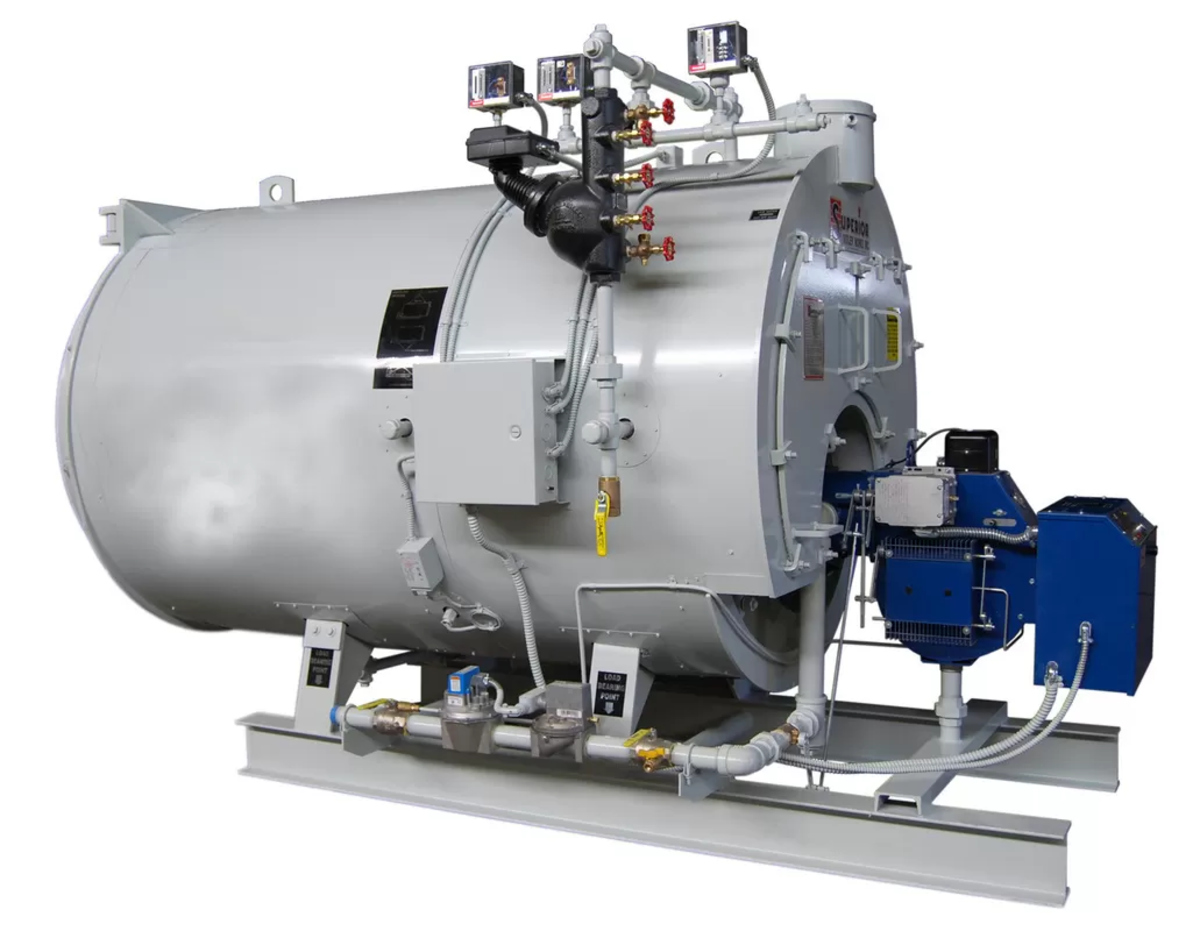



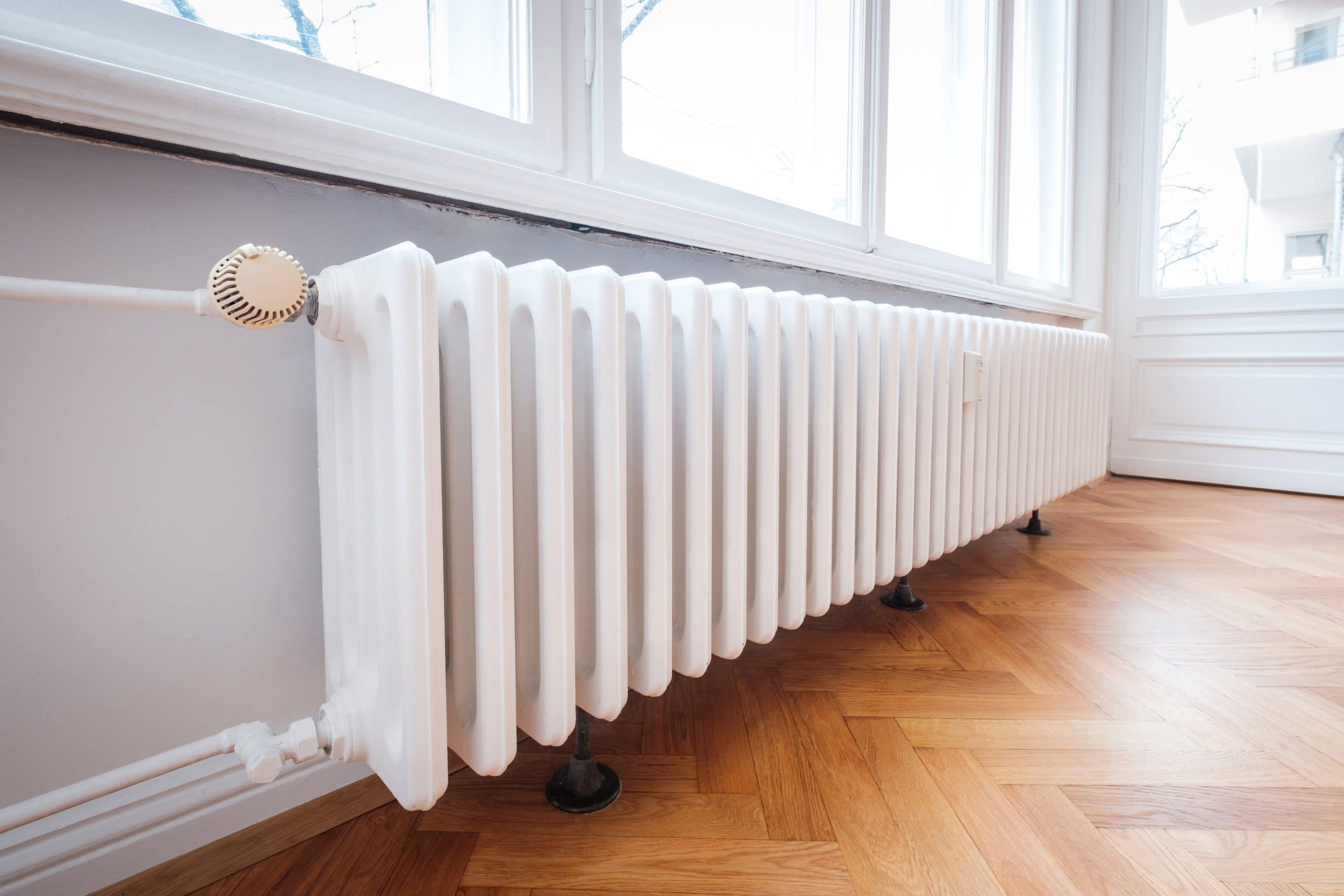
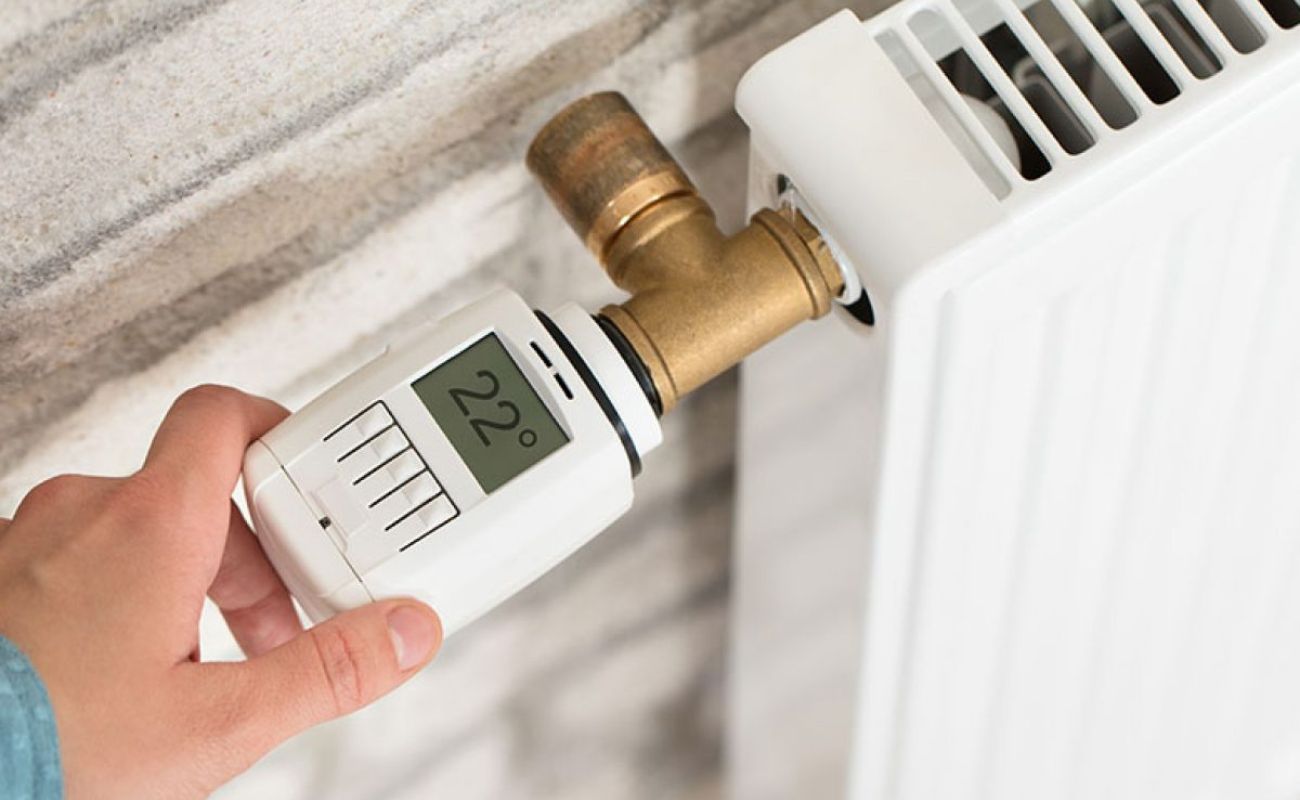

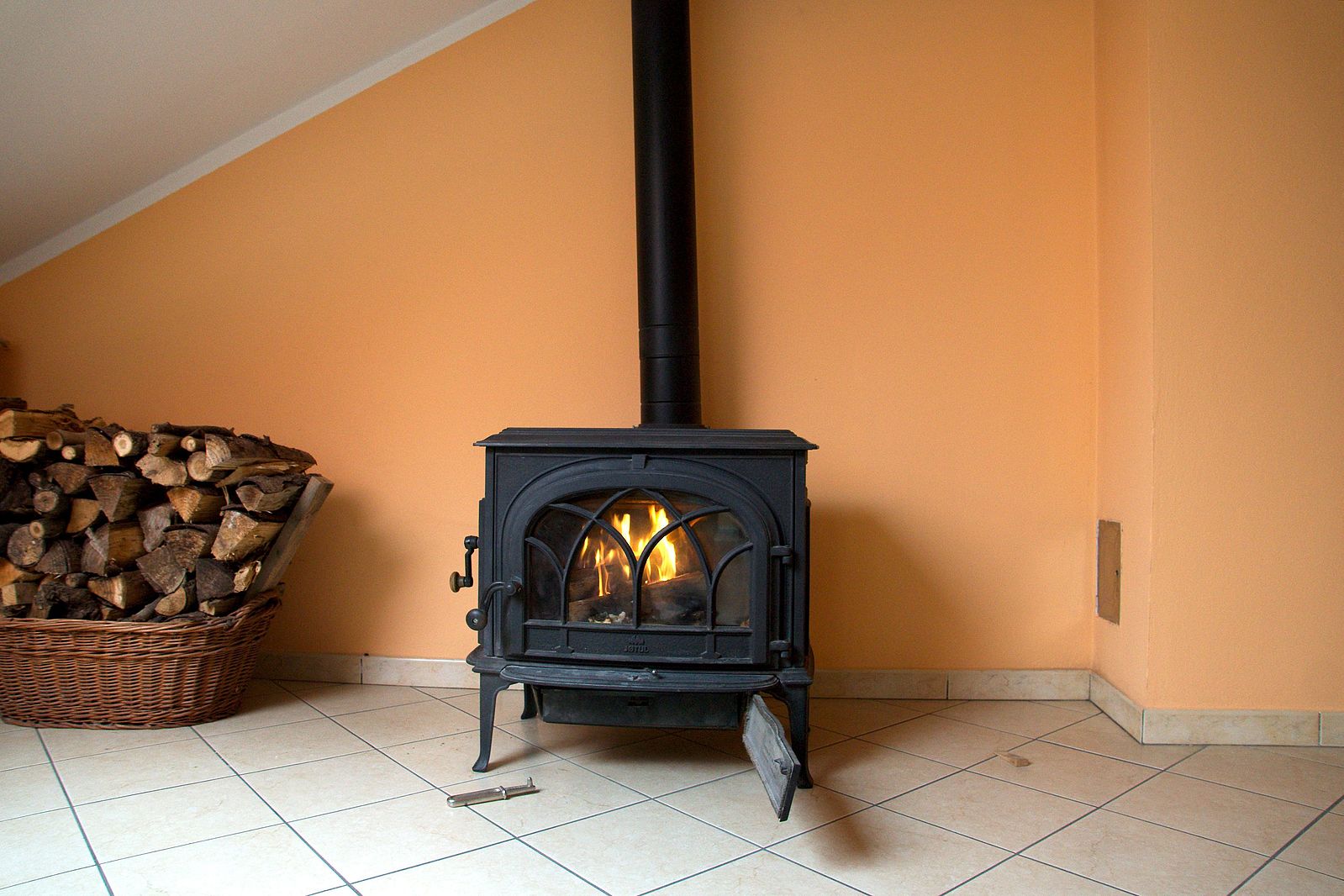

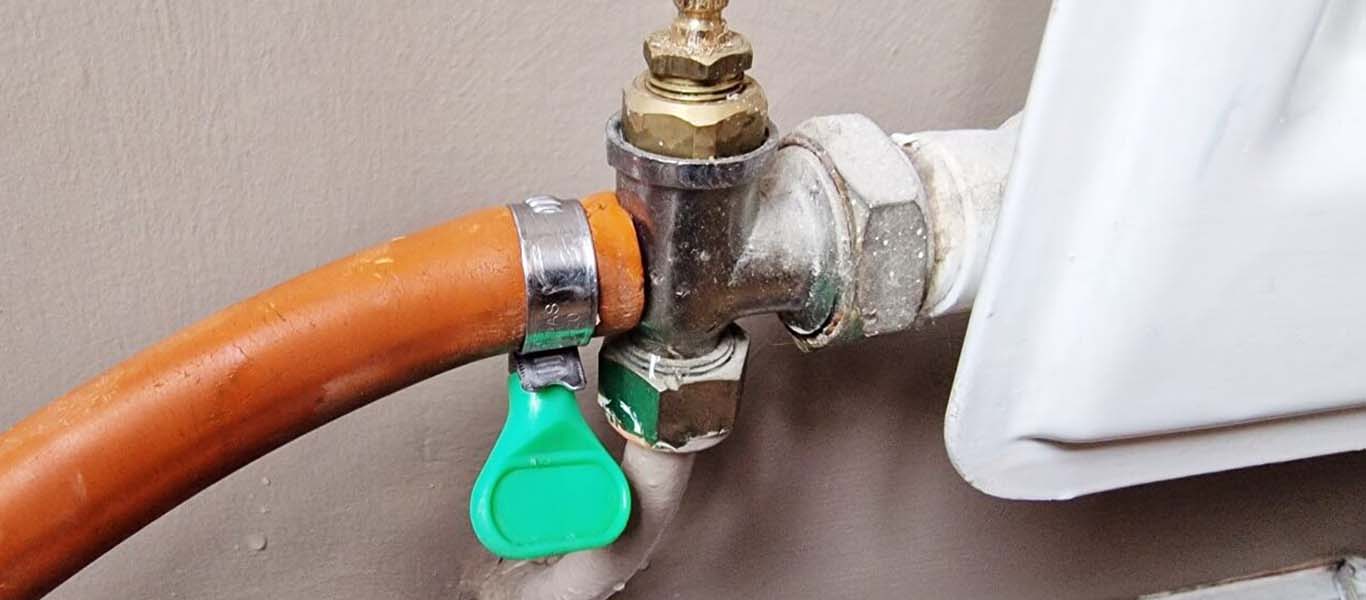


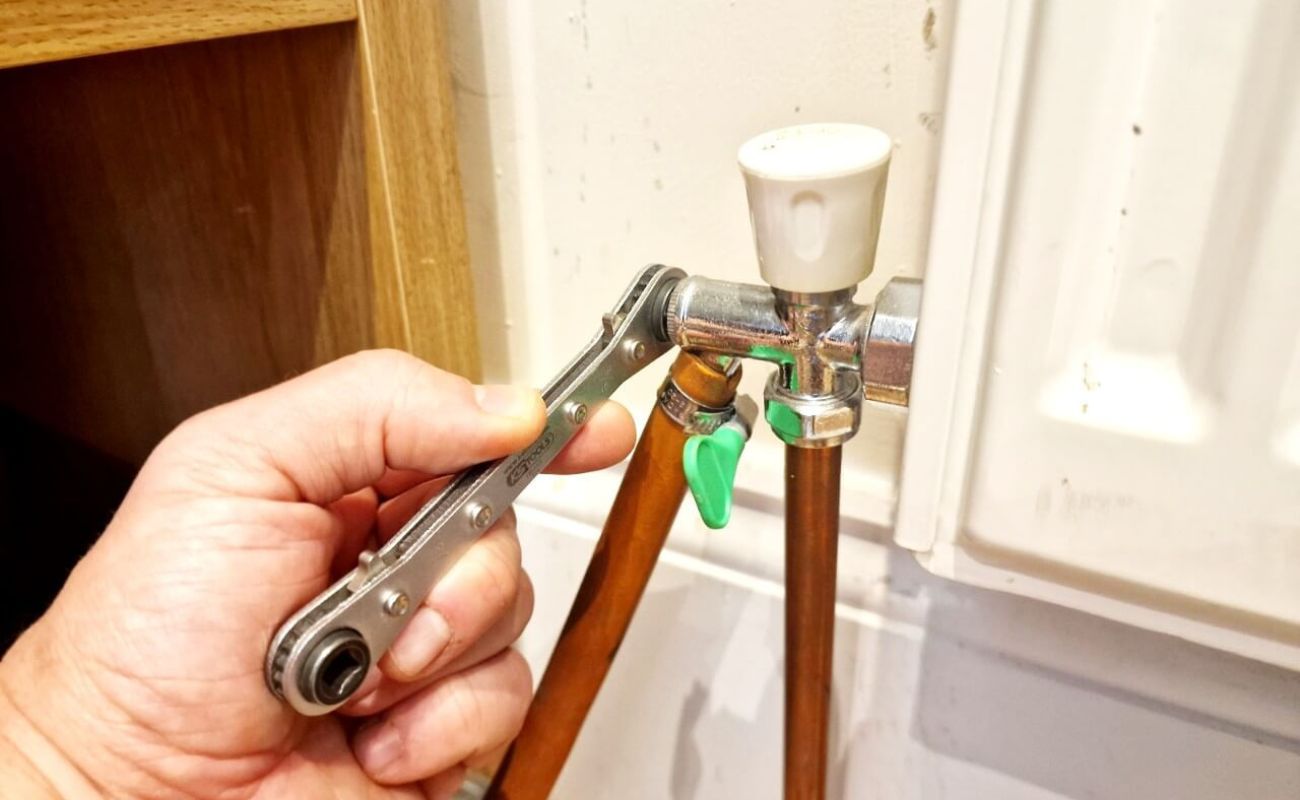


0 thoughts on “How To Calculate Boiler Size For Central Heating”